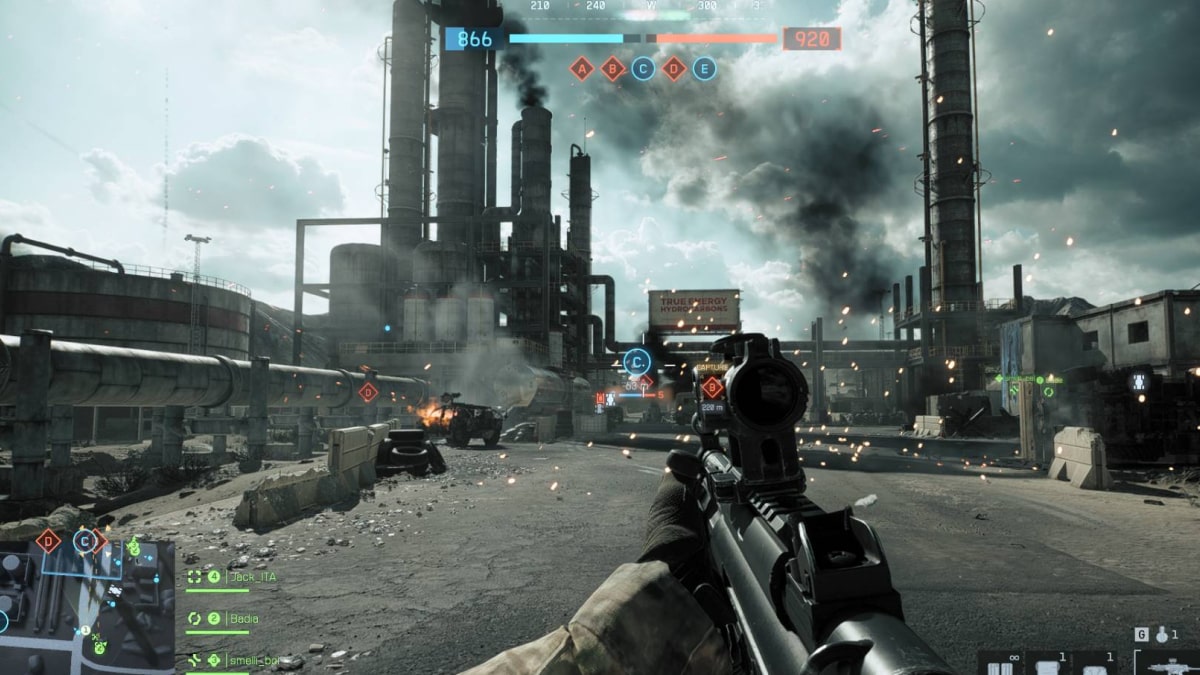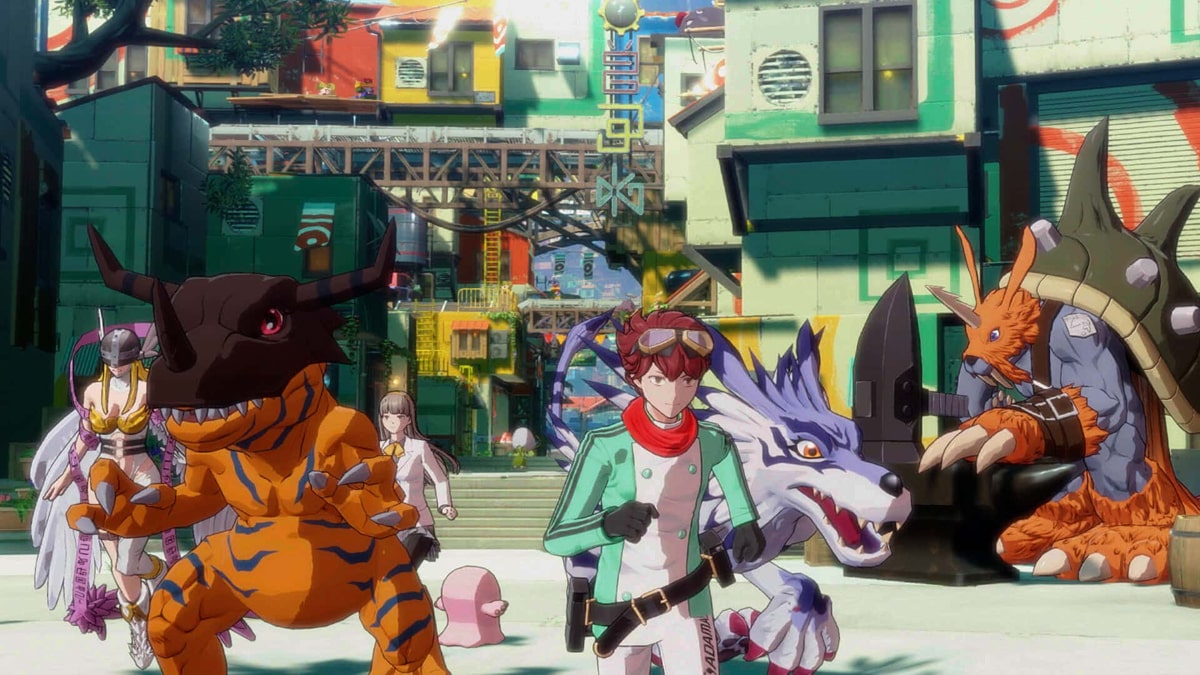You can trust VideoGamer. Our team of gaming experts spend hours testing and reviewing the latest games, to ensure you're reading the most comprehensive guide possible. Rest assured, all imagery and advice is unique and original. Check out how we test and review games here
Every decision is final and there’s no going back in Tokyo Dark, as the autosave prevents you ever doubting your gut. Like Chris Tarrant turning your choice orange before you have the chance to change your mind on Millionaire, this psychological adventure game takes your first answer. The threat of finality falls in line with the theme of death and despair that runs through this horrific tale, wherein Detective Ayami Ito must battle the paranormal mask she has in her possession, as well as her own sanity.
A point-and-click-adventure-cum-visual novel, Tokyo Dark sees Ito travel to a variety of locations across the Japanese capital, chatting to a diverse cast of characters that aid her in uncovering the mystery of her partner’s disappearance. With only text to convey each personality, developer Cherrymochi has done a pretty decent job in creating some engaging characters. A number of the secondary players are a tad one-dimensional, but it’s a compelling enough story that it will keep you interested until the final moments.
Each area you travel to has people stationed at points along the street, and in a select number of establishments you can walk into. Place the cursor over a door or object and you’ll have the regular adventure options like look, pick up, or enter; move the mouse over one of the locals and you can initiate conversation, which will allow you to learn more for your investigation, or make a choice that can slightly alter the narrative going forward. Tokyo Dark tries to convince you that you have more control over this than you actually do, though.
/https://oimg.videogamer.com/images/6338/d01ef341-b1ed-4aea-8352-9318af5b5b62_20170831221034_1.jpg)
The game’s most intriguing element is also its most disappointing, sadly: the SPIN (Sanity, Professionalism, Investigation, Neurosis) system. Early on in the story Det. Ito experiences what’s deemed to be a psychotic episode and is rushed to a local hospital. Here, Ito is given medication that will supposedly help unwanted visions subside, but the snag is they’ll also make her drowsy, affecting the investigator’s ability to think clearly while on the case. You’re informed that if you allow Ito’s sanity to get too low that you ‘may suffer a total psychotic breakdown.’ To combat this you must take time to relieve stress by going to sleep, playing with your cat, or doing things for you, like filling your belly with some pancakes in the café. By performing neurotic actions like speaking to an NPC who’s already told you all they’re going to tell you, or pacing around aimlessly, you’ll speed up mental deterioration. Your professionalism, meanwhile, is measured on whether or not you act appropriately with co-workers and the general public: you may think ordering a drink at the bar will make the barmaid trust you more, but it will impact your standing as an officer of the law.
If the player was forced to miss out an important chat that could break the case wide open because they were forced to rush home for their meds, or were genuinely punished for marching up and down Akihabara without a care in the world, this could’ve been special. These conditions, disappointingly, only concern you at specific points, rather than throughout — it’s just too random. I wanted the opportunity to be tardy, or display manic behaviour more. You can transport yourself from place to place via an overworld map, but while in particular threads, the game makes it too difficult to be tardy or display manic behaviour. You’re blocked off from taking a detour to collect your meds at home, or heading to your favourite Takoyaki spot for some R&R, if neither are where your current objective is, far too often. The map facilitates your mission to run errands at specific times between connected areas, but doesn’t give you enough of a chance to deviate from the path. You actually have to work hard to end Tokyo Dark prematurely.
/https://oimg.videogamer.com/images/ca23/9973d3db-6ea3-4e7f-9344-7923e39596c4_20170831223509_1.jpg)
Puzzles generally involve you fetching items for folk who have information on a lead, and only act as a means to an end. The story of Tokyo Dark is what drives the player forward, and it does so adequately. As soon as one question is answered, another is asked, pushing Ito along in her quest to find out more about her partner’s whereabouts, and the haunting mask that affects those who come in contact with it.
We’ve all played conversation-heavy titles where we hear a character drone on for a bit, only to forget the meat of their monologue as soon as they’re finished. Tokyo Dark had the chance to really make the player listen by sticking to its guns, and forcing them to hang on every word an NPC uttered, or making them think twice about pixel-hunting the streets of Shinjuku, in case Detective Ayami Ito’s mental health suffered. Instead, there’s intermittent repercussions to these actions, and the fascinating SPIN system is only of mild concern. Thankfully there’s enough elsewhere to just about hold one’s attention, but it could have been so much more.
Developer: Cherrymochi
Publisher: Square Enix
Available on: PC
Release Date: September 7 2017







